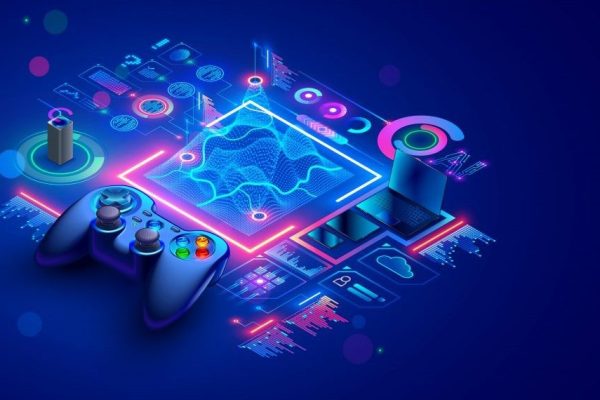
The Role of Artificial Intelligence in Enhancing Customer Experience
Artificial Intelligence is revolutionizing customer experience by enabling businesses to deliver personalized, efficient, and data-driven interactions. From chatbots and virtual assistants to predictive analytics and sentiment analysis, AI applications enhance customer satisfaction and loyalty. Despite challenges like data privacy and integration costs, the benefits of AI in customer experience are significant. By investing in AI technologies, ensuring data security, focusing on personalization, and providing employee training, businesses can create exceptional customer experiences that drive long-term success and growth.
















